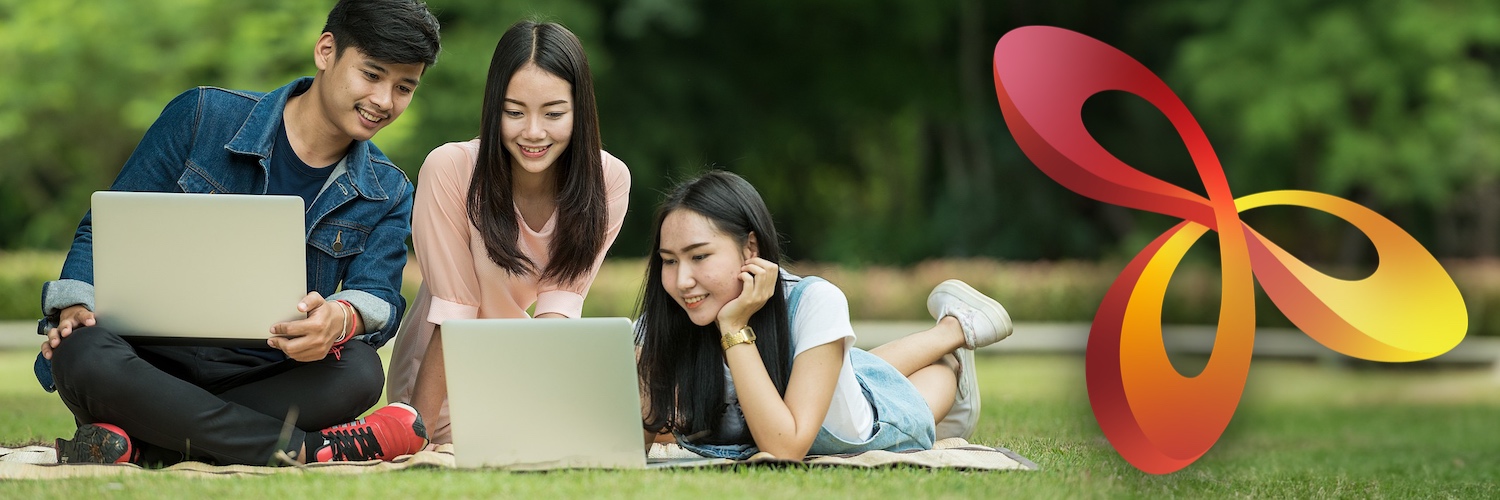Lifestyle Redesign
News
Earth Day Q&A with Camille Dieterle
April 20, 2018
In recognition of Earth Day, celebrated annually on April 22, Camille Dieterle — an assistant clinical professor at USC Chan and passionate advocate for all things environmentally friendly and sustainable — spoke with our Student Ambassador Erika about occupational therapy, the environment and healthier lifestyles.
In your own words, can you explain the intersection where environment, occupation and health meet?
The state of our environment has become a human health issue, now and increasingly into the future. In addition to changes in technology and policy, many scientists and leaders advocate lifestyle changes at the individual level as part of the solution to environmental problems.
Occupational therapists are particularly skilled in helping people make lifestyle changes — we can help our clients to become more sustainable in their everyday habits, routines and choices. And it just so happens, that making lifestyle changes to improve the health of the environment is often helpful to the health of an individual. For example, people who eat less meat live longer and are less likely to get certain cancers and heart disease. Meat is the most resource intensive food; It uses significantly more water, land and energy than creating food from plants. So decreasing meat consumption is both good for an individual and good for our planet, a real win-win.
I think that recognizing this intersection is critical because most people are more motivated to take action when they can gain personally from their efforts. By presenting and emphasizing the health benefits of a more environmentally sustainable lifestyle, we may be able to get more people activated to make changes to improve public health for everyone.
The World Federation of Occupational Therapy just released a document called “Sustainability Matters: Guiding Principles for Sustainability in Occupational Therapy Practice, Education and Scholarship.” Why do you believe WFOT chosen a time like now to release this position statement on sustainability?
The U.S. is behind other countries in recognizing the urgency of action for environmental sustainability, especially in the realm of healthcare. Other countries have experienced more severe and more widespread health impacts and have been more motivated to act. WFOT’s perspective reflects this reality.
WFOT’s new document cites your Green Lifestyle Redesign® wellness program as a model for working with the general population on environmental and lifestyle sustainability. What is the program, what inspired you to create it and how can occupational therapists access it?
At the time I created the program I was working as an occupational therapist doing Lifestyle Redesign with clients who were working on changing everyday habits and routines in order to improve chronic health conditions such as obesity, chronic pain and other stress-related issues. I had a personal interest in environmental sustainability and started to change my habits and routines to become more sustainable. I started to see that our environment has many chronic health conditions, and that we could be taking better care of it! And, I noticed that lifestyle changes I made for the environment were also really good for my health, such as eating less meat, riding my bike for transportation, shopping at farmers’ markets (which meant I bought more fruits and vegetables and less processed foods), utilizing more natural products for my personal hygiene and cleaning my home, and spending more leisure time outdoors.
The program occurs over several weeks and gives participants the opportunity to learn about current environmental issues and then problem-solve ways to shift their day–to-day choices to both help ameliorate the situation and improve their health and well-being. Topics include waste, energy, food, water, transportation and the built environment, self-care and home management and exposure to nature as antidote to stressful urban life.
You teach a course called “OT 312: Creating a Sustainable Lifestyle” to undergraduate students at USC. What are the top three things your students feel empowered to do to make their lives more sustainable?
Every semester students are shocked to hear about the amount of plastic in the ocean, the health risks of processed foods and excessive meat consumption, the amount of unregulated chemicals in personal care products and how much exposure to nature can affect mental health and cognitive functioning in typical people. Students become empowered to share this information with others and to make small manageable changes in their lives to become part of the solution. Some actions my students have taken as a result of this class: Ceasing to buy single use plastic bottles and coffee cups while on campus (and beyond), eating less meat, going to the farmers’ market, spending more time outside and trying alternate methods of transportation.
What are a couple ways that occupational therapists can make their current practice, their own lives and the lives of their clients more environmentally sustainable?
Whatever setting you’re in, an OT can make the occupations they are doing with clients more sustainable through food choices, decreasing the use of single-use/disposable supplies when appropriate, thoughtful water use and, if a client is interested, helping them to engage in outdoor leisure or stewardship activities. Start a casual conversation with clients while you’re doing ADLs and other therapeutic activities about these issues to gauge their interest. Create group activities that teach clients doable, sustainable actions that are relevant and meaningful. Some ideas: Water use, recipes and techniques for eating more vegetables, spending time outside, stewardship activities and volunteering, active transportation and how to save energy (which saves money) in the home.
You can be creative with this topic — there are so many choices that could be addressed. Small is big — just by making a few tiny adjustments, a person can save a significant amount of resources and have a huge impact on their health over a lifetime. Building awareness with co-workers is also an incredibly powerful tactic. Look into recycling or ceasing the use of Styrofoam if it’s still being used in your setting. The City of Malibu just banned plastic straws. These kinds of actions happen because people know about the issues and make their voices heard.
⋯








